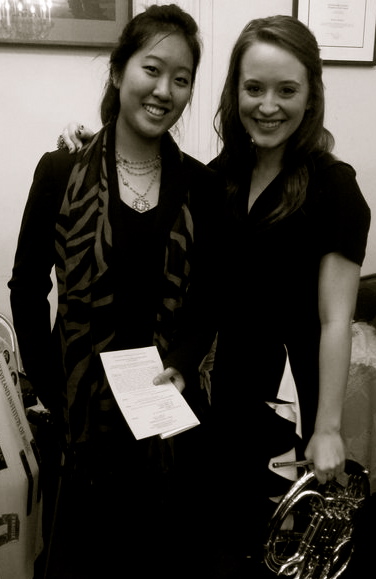We turn to the internet for information.
We turn to the internet for communication.
We turn to the internet for entertainment.
We turn to the internet for services.
We turn to the internet for business.
We turn to the internet for education.
In the past decade, technology has reshaped almost every aspect of our lives, personally, professionally, and educationally. The use of computers and the internet has improved daily activities, making life faster, more efficient, and more accessible. Fortunately, technology is becoming increasingly available to the global population. Recent statistics from the Internet Society shows that the number of internet users from the year 2000 to 2010 increased from 5.9% to 28.7%, which is equivalent to an increase of 1,443 million internet users within a decade. In addition, regular correspondence between distant countries and continents is one of the luxuries we can all benefit from the web.
With this arises an opportunity to use technology to benefit music students with otherwise little or no access to a quality education. Virtual communication, via video and audio communication applications, is becoming increasingly easy and accessible. With the use of online video communication applications, a new teaching outreach program, Teaching and Responding through Internet Outreach (T.R.I.O.), co-founded by Kathryn Peterson and Alice Hwang, is designed to provide lessons and guidance to aspiring young musicians from under-privileged or under-served regions of the world.
As students of The Juilliard School, access to many unique musical opportunities is fortunately at our disposal. Having each faced our own individual obstacles in the process of musical education, we have learned what is needed in order to realize musical potential: high-level instruction, exposure, and moral support. However, lessons with qualified teachers and music communities are often limited to select metropolitan cities and require substantial funding. With online video chatting as a portal, students with geographic or economic disadvantages can have the same opportunities as their peers through weekly one-hour sessions with mentors (who will be students of The Juilliard School). Though virtual contact between mentors and online students is very limiting, there is still a significant amount of communication, instruction, and learning that is possible. Leastwise, this project can provide under-served young musicians with exposure to and contact with accomplished musicians.
The broad nature of our proposed project poses certain difficulties in terms of finding appropriate students. Therefore, T.R.I.O. is at present forming an alliance with NEOJIBÀ, a Brazilian youth orchestra, while teaming up with “Musicians for Salvador” leader Annie Hart. The students of the orchestra are a fitting example of the type of students the T.R.I.O. project aims to attend to. They come from diverse socio-economic backgrounds, and are all passionately committed to playing classical music. Most notably, many of the basic necessities for these students are lacking, such as private lessons and role models. These students have aspirations for music careers, but do not have teachers. NEOJIBÀ has selected a limited number of students to participate in the T.R.I.O. project, who will be able to partake in weekly private and/or group lessons through online video communication.
The T.R.I.O. Project is a program designed to remedy the lack of musical education in rural areas via the Internet. T.R.I.O. is a non-profit organization currently fiscally sponsored by Fractured Atlas. For more information on how to apply to the program or to contribute with a donation, please visit http://www.trioproject.org or e-mail contact.trioproject@gmail.com.
-Kathryn Peterson, Alice Hwang, and Annie Hart
